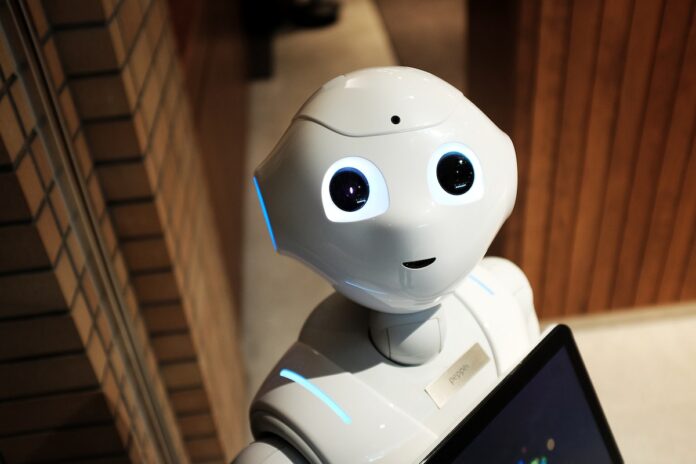In the era of rapid technological advancements, the integration of AI-powered personal assistants into everyday life is not just an emerging trend but a transformative force in household management. These sophisticated systems are changing the way we manage our domestic routines, offering a seamless blend of convenience, efficiency, and personalized service. This comprehensive exploration delves into the next generation of household management, uncovering how these intelligent assistants are set to revolutionize our home environments.
Understanding AI-Powered Personal Assistants
AI-powered personal assistants leverage artificial intelligence to perform tasks, make recommendations, and even predict the needs of individuals within a household. These systems are typically embedded in various devices, from smartphones and tablets to dedicated home hubs like Amazon Echo and Google Home. Their capabilities range from controlling smart home devices, like thermostats and lights, to managing calendars, and providing real-time information such as weather updates and traffic alerts.
The Core Benefits of AI in Household Management
- Efficiency and Time Management: AI assistants optimize household tasks, scheduling and adjusting them based on the homeowner’s lifestyle and preferences, thus saving time and reducing effort.
- Enhanced Security: Integrated with home security systems, these assistants can monitor home safety, recognize familiar faces through cameras, and alert homeowners about unusual activities.
- Energy Management: By learning patterns and preferences in energy usage, AI assistants can adjust settings to save energy, consequently lowering utility bills.
- Health Monitoring: Advanced models are equipped with health tracking features, which offer reminders for medication, monitor air quality, or suggest activity based on fitness goals.
The Technology Behind AI Personal Assistants
The backbone of these systems is machine learning algorithms and natural language processing (NLP). Machine learning allows the AI to learn from patterns and behaviors, adapting over time to provide better responses and more personalized service. NLP enables the assistant to understand and process human language, allowing users to interact with the device as they would with another person.
Real-Life Applications: A Day in the Life with an AI Assistant
Imagine starting your day with a gentle wake-up call from your AI assistant, which already knows your first appointment for the day and has calculated the best time to leave based on current traffic. As you get ready, your assistant reads out the day’s weather forecast and news headlines. Throughout the day, it sends you reminders, helps manage your tasks, and even suggests recipes for dinner based on what’s currently in your fridge.
Overcoming Challenges and Privacy Concerns
While the benefits are substantial, the adoption of AI personal assistants isn’t without challenges. Privacy remains a significant concern, as these devices require access to personal and sensitive information to function optimally. Ensuring robust data protection measures and transparent privacy policies is crucial for manufacturers to gain user trust.
The Future of AI in Home Management
The potential for AI personal assistants continues to grow with advancements in AI and machine learning. Future generations of AI assistants could predict needs more accurately, automate more complex tasks, and integrate more deeply with other smart devices, leading to smarter homes that understand and adapt to their occupants’ lives.
Conclusion
AI-powered personal assistants represent a significant leap forward in how we manage our households. By automating routine tasks, enhancing home security, and promoting energy efficiency, these intelligent systems not only simplify daily routines but also improve the quality of life. As technology advances, the scope of what these assistants can achieve is bound only by the imagination of developers and the openness of consumers to embrace these changes.





